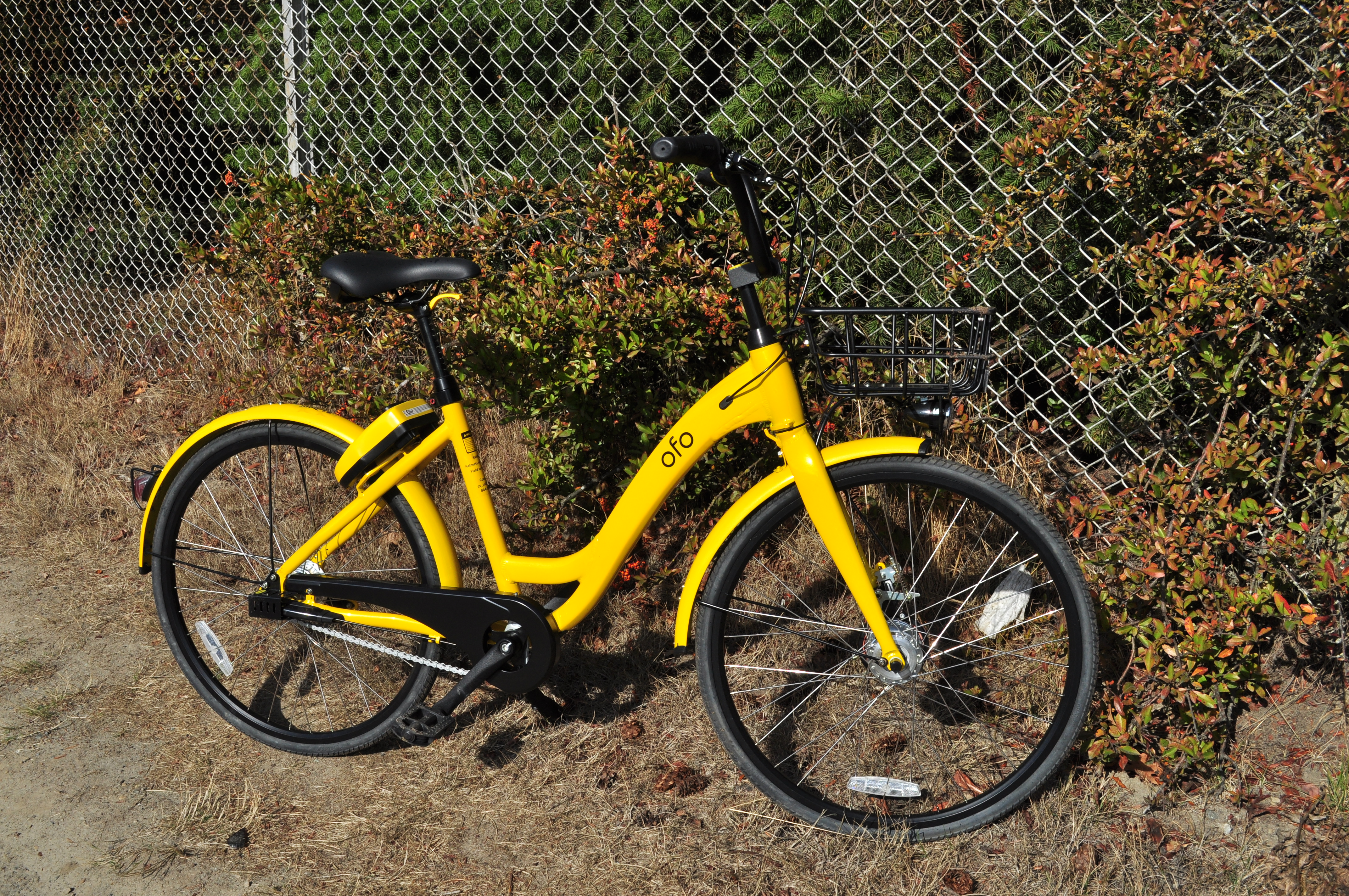By Rachel Kaufman.
In a clear indication that dockless bikeshare is here to stay (at least for now), two cities announced new dockless bikeshare pilot programs and another extended its existing pilot program. The moves were hailed by biking and transportation advocates and caused concern among communities worried about the “urban trash” caused by riders leaving bikes blocking sidewalks and entrances and appearing in trees and lakes.
Washington, D.C.’s dockless pilot had been scheduled to end Monday, April 30, with the city and companies agreeing to a set of rules to move forward. But the industry and many in the biking community said the rules were too stringent. Under the pressure, the District Department of Transportation instead dropped the new rules and announced it would extend the pilot program through August, the Washington Post reported.
The rules would have included new fees from operators—around $200 per bike—and require bikes to have double kickstands or locks that would attach the bikes to objects. (Many dockless bikeshare cycles have only wheel locks to secure them; only Jump, the electric bikeshare company acquired by Uber earlier this month uses U-locks. The fees would have been among the highest in the country. Other cities typically charge an annual licensing fee in the three figures and a per-bike fee around $10 to $15, the Post said.
Meanwhile, the Boston Metropolitan Area Planning Council announced that it’s selected two dockless operators for a pilot in 15 communities in the metro region, to begin this summer. Four of the 15 communities have been trialing dockless bikeshare since fall 2017 and “are now joining the regional effort to make cross-border travel easier and safer,” a press release said. Boston, as well as Cambridge, Somerville and Brookline are not included in the dockless bikeshare program, Curbed Boston reported, as an exclusive agreement with docked bikeshare operator Hubway prohibits it.
The Greater Boston pilot will include 2,000 cycles from LimeBIke and Spin. Kasia Hart, a transportation policy associate with the planning council, told the Boston Globe that the council and participating cities will be “evolving this system based on demand…It will take time to determine what the correct number of bikes is.” The pilot doesn’t require bikes to be locked to objects.
[divider] [/divider]





